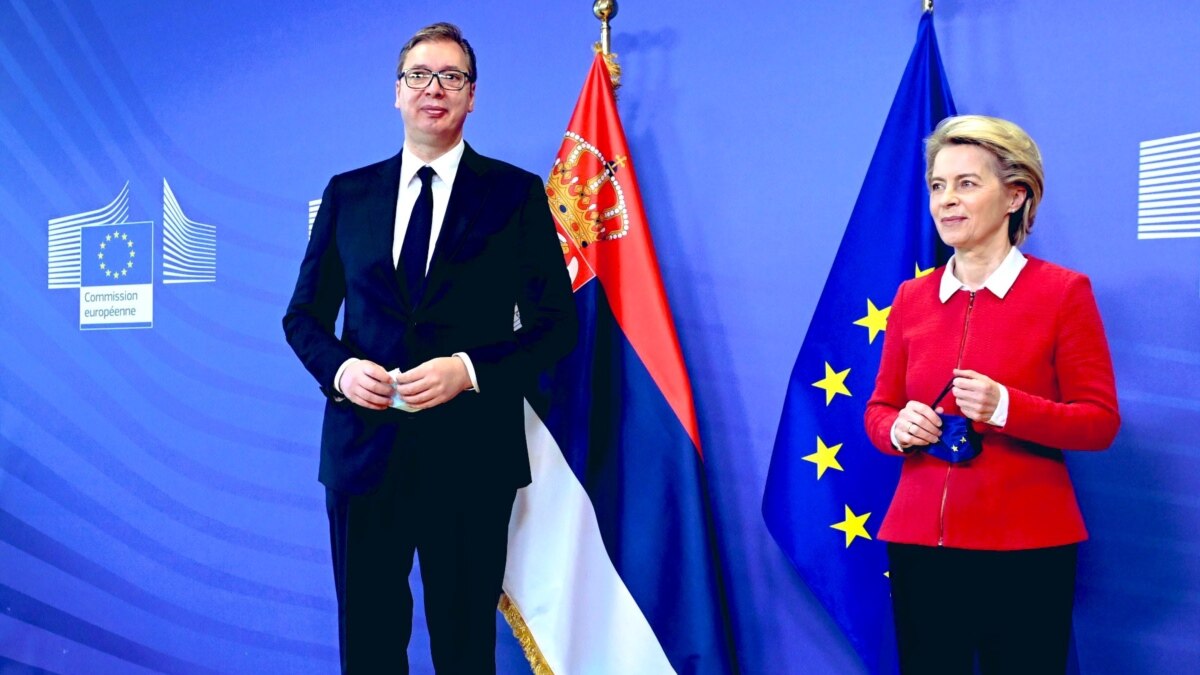
The European Union and the United States have rejected the idea of redrawing borders in the Western Balkans in response to an unofficial proposal to break up Bosnia-Herzegovina and merge Kosovo with Albania.
A document that has circulated among EU officials proposes incorporating parts of Bosnia into Serbia and Croatia to help the region’s EU integration, according to Reuters, which said it had seen the document but could not verify its authenticity.
“We are absolutely not in favor of any changes in borders,” European Commission spokesman Eric Mamer told a news conference.
The United States also rejected the proposal, warning that moving the borders risked exacerbating tensions in the region.
“Recent unwarranted speculation about changing borders in the Balkans along ethnic lines risks fostering instability in the region and evokes memories of past tensions,” U.S. State Department spokesman Ned Price said in a statement quoted by Reuters.
In an interview last week with a U.S. think tank, Serbian President Aleksandar Vucic referred to a document proposing “the unification of Kosovo and Albania” and “joining a larger part of the [Bosnian] Republika Srpska territory with Serbia.”
Vucic dismissed the idea, saying his government was “not interested in creating any kind of Greater Serbia.”
German Foreign Minister Heiko Maas last week also rejected the proposal, saying the idea had been “put back into a drawer.”
The discussion has alarmed Bosnia, which sees it as a threat to its territorial unity two decades after ethnic conflicts led to war in the region.
Two former Yugoslav republics, Croatia and Slovenia, have joined the EU. Montenegro, Serbia, North Macedonia, Bosnia, Albania, and Kosovo hope to accede. The EU says they must first settle conflicts and advance democratic reforms.
European Commission President Ursula von der Leyen said separately on April 26 after talks with Vucic in Brussels that the EU wants to “continue to see positive developments in rule of law” in Serbia as part of accession talks.
The two discussed Belgrade’s talks with Kosovo, whose independence is not recognized by Serbia and several EU countries.
Von der Leyen said the bloc would support the construction of a railway between Belgrade and North Macedonia, which saw its hopes to formally start membership negotiations dashed last year after a veto from Bulgaria.
The leaders of North Macedonia and Kosovo are also due in Brussels this week.